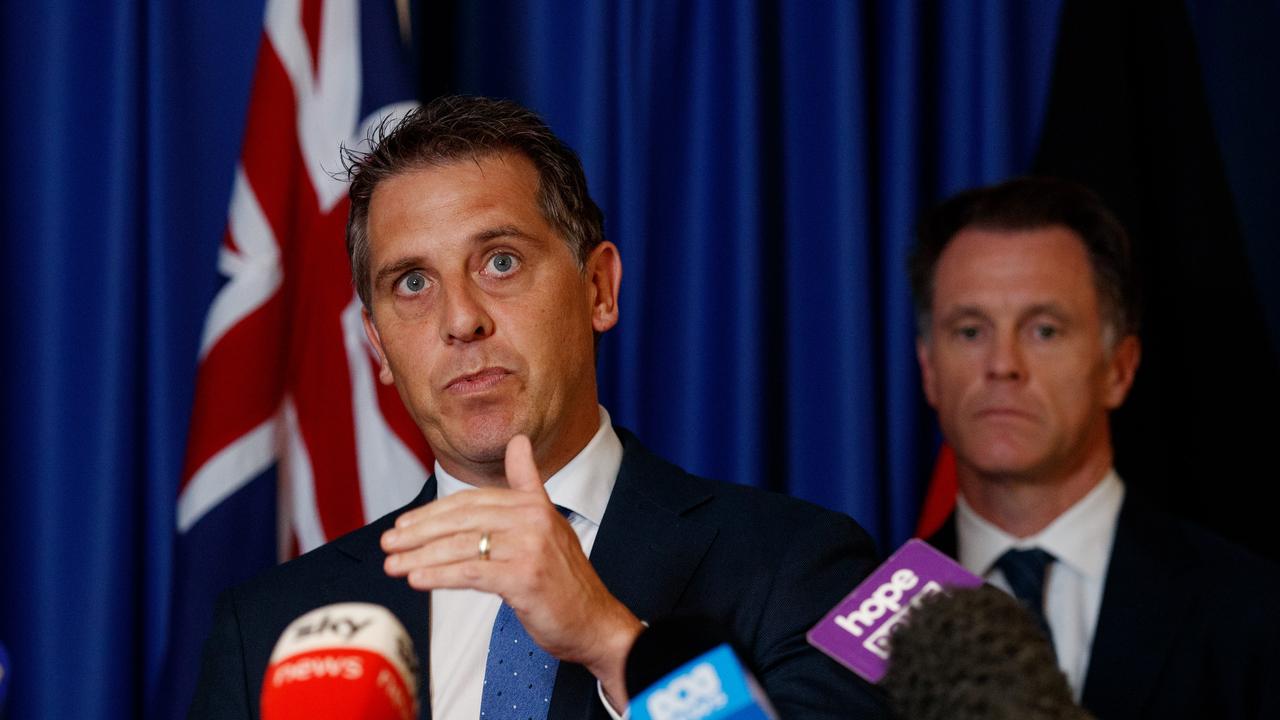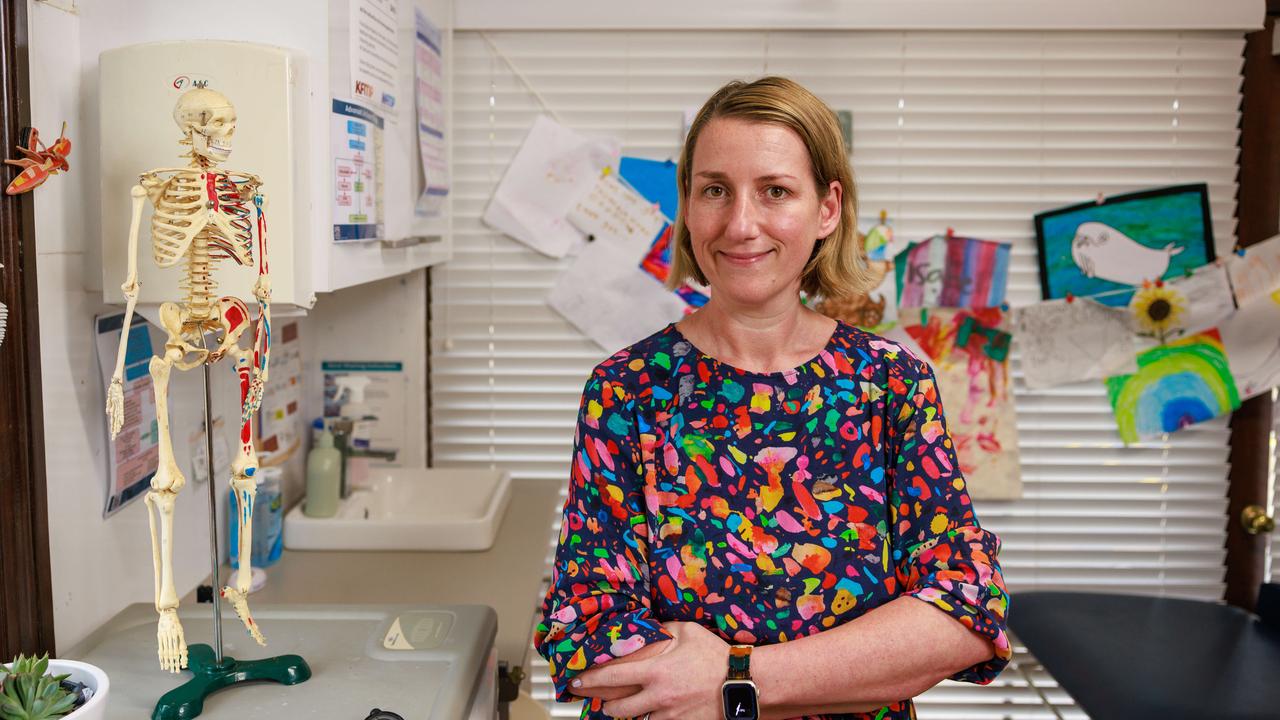GPs able to diagnose ADHD in major medical shake-up
General practitioners will be able to diagnose patients with ADHD and prescribe them with medication under sweeping new reforms proposed by the Minns government.

NSW
Don't miss out on the headlines from NSW. Followed categories will be added to My News.
General practitioners will be able to diagnose patients with ADHD and prescribe them with medication under sweeping new reforms proposed by the Minns government.
Under current rules people seeking an ADHD diagnosis must see a specialist psychiatrist or pediatrician. They must also continue to see specialists for ongoing management and follow-up prescriptions.
The Minns government believes an expansion of access to ADHD diagnoses and management will significantly reduce the expensive cost of specialist treatment and make it more accessible in remote areas. Yet some clinical professionals have warned there are growing concerns of overdiagnosis around the world.
In a major shake-up of the practice, GPs will be able to provide ongoing prescriptions for children and adults who are on stable doses of medication, without needing to refer to a specialist.
The NSW government will spend around $800,000 training 1000 GPs in the coming months to be ready to administer ongoing prescriptions for ADHD by early next year.

A smaller number of GPs will be able to train to also diagnose and prescribe medications for the neurodevelopmental condition. Details of what this training will entail and how long it will take are still under development.
Under the scheme, interested GPs will be able to choose between two tiers of accredited training or registration, allowing them to either diagnose or manage ongoing prescriptions.
The first reforms that will be implemented will focus on prescriptions for children, followed by those of adults.
The move comes after the Western Australian government announced it would implement similar reforms, with Queensland already allowing GPs to make diagnoses.
The new reforms will likely open ongoing debates over concerns of overdiagnosis of ADHD in children.
Rates of diagnosis of ADHD have skyrocketed in recent years. According to the Australian Institute of Health and Welfare, ADHD prescriptions have increased 11-fold in the last 20 years, with 22 people in 1000 having a diagnosis in 2023-24. In 2004-05 the rate was two patients per 1000 people. In the last financial year alone, there were over 4.6 million ADHD prescriptions dispensed.

Royal Australian and New Zealand College of Psychiatrists president Dr Astha Tomar symptoms of ADHD were often not straightforward and could overlap other conditions such as anxiety, often requiring treatment other than medication.
“There are growing concerns about ADHD being over diagnosed across the world, and there are significant risks with potential misdiagnosis of the condition,” she said.
“ADHD symptoms can overlap with other mental health conditions and medications for ADHD are not without significant side effects – thus needing a specialist psychiatrist involvement and ongoing oversight in management of the condition in individuals.”
Premier Chris Minns said he believed the reforms would reduce the cost of treatment by hundreds of dollars and “remove red tape for thousands of families.
“By safely training more GPs to treat and diagnose ADHD, we are hoping to break the cycle of people having to wait years for, what can be, a life-altering diagnosis,” he said.
Royal Australian College of GPs NSW chair Dr Rebekah Hoffman acknowledged the number of ADHD diagnoses would likely increase as a result of the reforms, but said she believed that was due to an existing underdiagnosis of the disorder.
“We expect there to be an uptick and that’s going to be because of improved ability to access the diagnosis,” she said.
“There is a big cohort of people at the moment that remain undiagnosed.
“What we estimate is that 20 per cent of boys under the age of 18 and 10 per cent of girls have ADHD and they may or not have a diagnosis.”
More Coverage
Originally published as GPs able to diagnose ADHD in major medical shake-up









